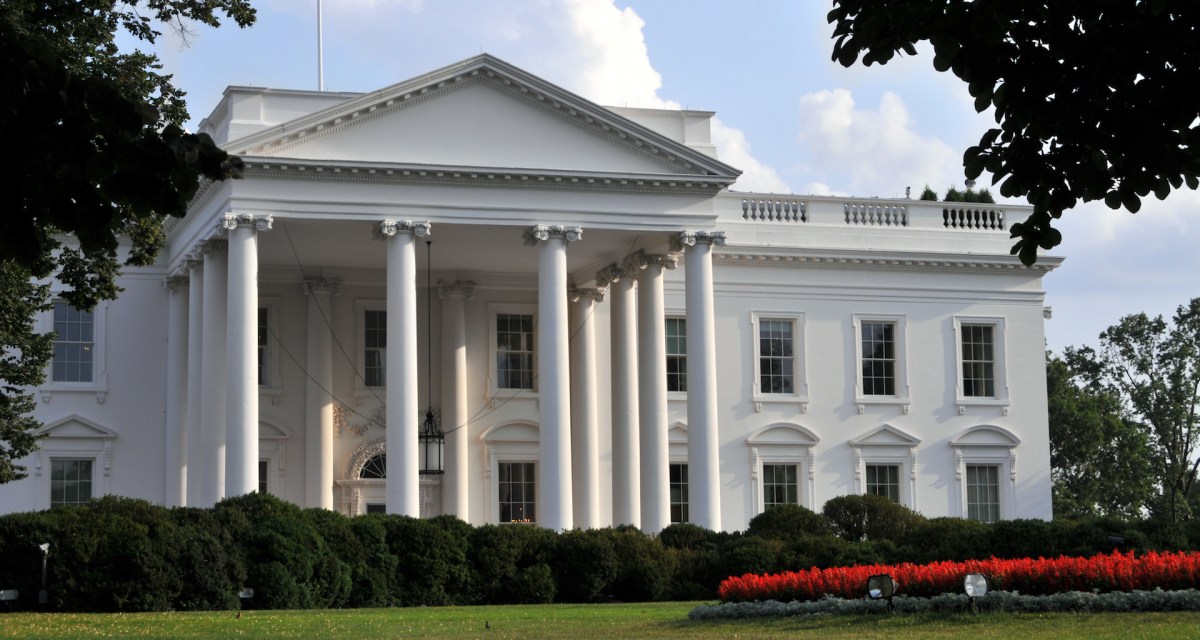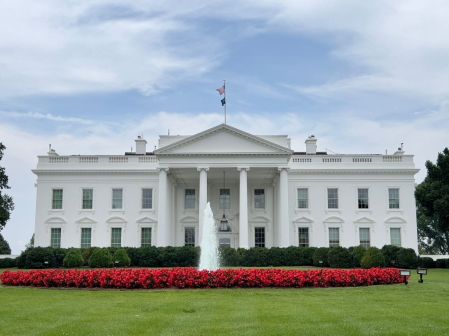White House pushes civilian agencies to use trustworthy AI in new executive order

Civilian agencies for the first time have White House guidance on how to use trustworthy artificial intelligence technologies in a way that protects privacy and civil rights.
President Trump signed an executive order Thursday offering nine principles and a policy process for implementing AI the public can trust.
Trump’s order borrows heavily from principles already established by the defense and intelligence communities, extending them to civilian agencies outside the national security space.
“Artificial intelligence can be an important tool to help modernize government and ensure federal agencies are effectively and efficiently delivering on their missions on behalf of the American people,” said Michael Kratsios, U.S. chief technology officer, in the announcement. “This executive order will foster public trust in the technology, drive government modernization and further demonstrate America’s leadership in artificial intelligence.”
The order adds new phrases around trustworthy AI, asserting it must be “lawful and respectful of our nation’s values” and “regularly monitored.”
The Office of Management and Budget is tasked with implementing the order’s nine principles across government and creating a roadmap and policy guidance within 180 days. That will fall to the incoming administration of President-elect Joe Biden.
The full list of design, development, acquisition and use of AI principles are:
- lawful and respectful of our nation’s values;
- purposeful and performance-driven;
- accurate, reliable and effective;
- safe, secure and resilient;
- understandable;
- responsible and traceable;
- regularly monitored;
- transparent; and
- accountable.
Beyond setting new principles, the order seeks to improve interagency collaboration on AI.
The Federal CIO Council has 60 days to provide agencies with criteria for inventorying their “non-classified and non-sensitive” AI use cases. Agencies will then have 180 days to prepare those inventories and 120 days after that to create a plan for aligning AI applications with the order or else retire them. Following approval by a designated official, agencies are encouraged to implement their plans within 180 days.
Agencies are expected to share their inventories with other agencies via the Federal CIO and Chief Data Officer councils within 60 days of completion, as well as with the public within 120 days.
To expand the AI talent pool in government, the General Services Administration has 90 days to add an AI track to its Presidential Innovation Fellows program of technologists — brought in on two-year fellowships to improve government technology services.
“These PIF experts will work within agencies to further the design, development, acquisition and use of AI in government, consistent with this order,” the order states.
The Office of Personnel Management will work with GSA to inventory federal rotational programs with 45 days and determine how they can improve employees’ AI expertise. OPM has 180 days to issue recommendations on the matter.






